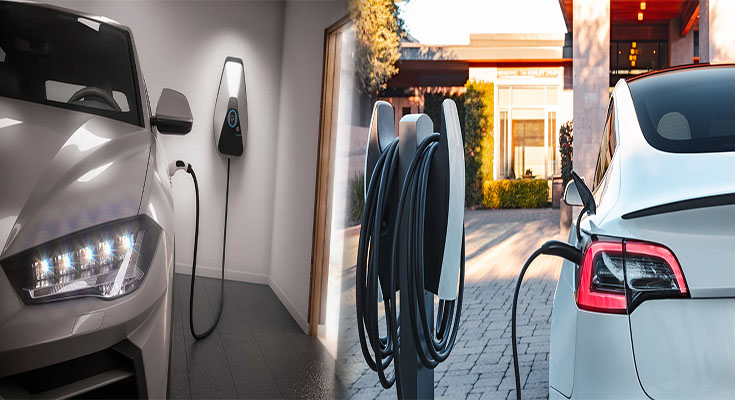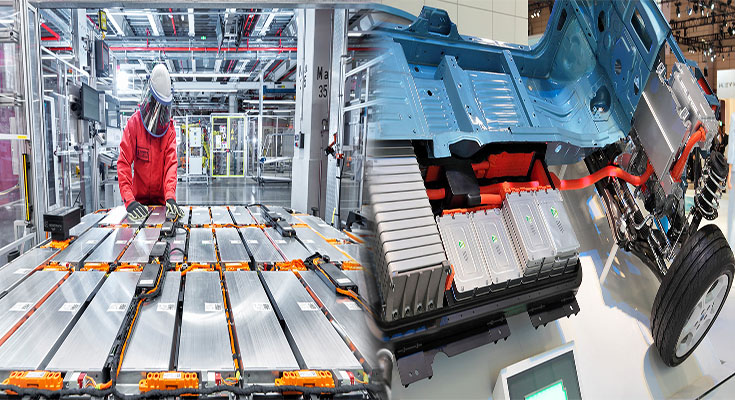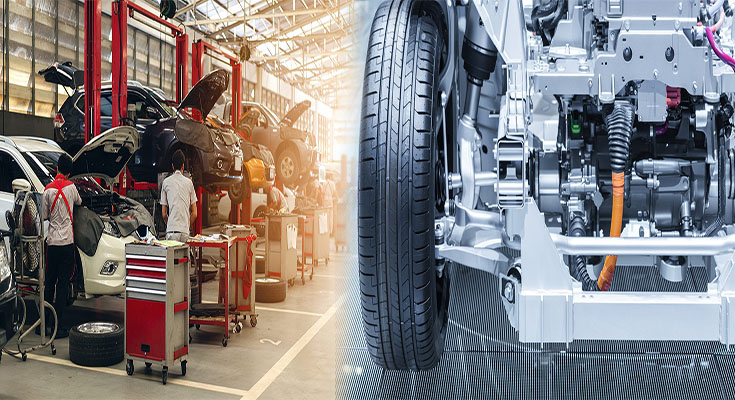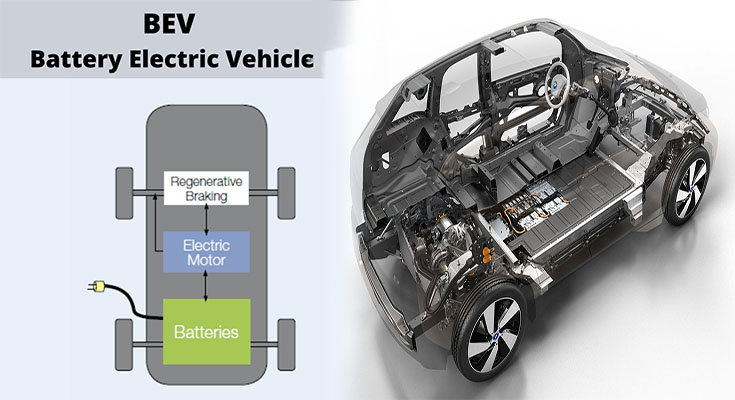When it comes to choosing the right electric vehicle charging station for your home, there are several things you should keep in mind. They include safety considerations, cost-saving tips and more.
Choosing the right charger can be an important investment for many drivers. It can also help you save money on fuel and contribute to the environment.
Types
An electric vehicle charging station converts the power available in your home– usually either 120 volts or 240 volts–into a current flow that an electric vehicle’s battery system can accept.
Level 1 chargers convert 120-volt household outlets to a charge rate of about 1.4 kilowatts. They are a good choice for most people who need to charge their electric vehicles at home, or in offices where workplace charging is offered.
A Level 2 charging station converts 240-volt circuits into a current flow that an EV’s battery system can accept. They can charge …
View More Choosing Electric Vehicle Charging Stations for Home





